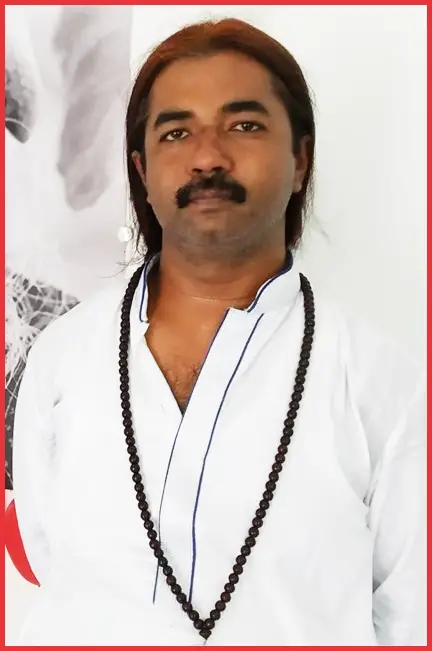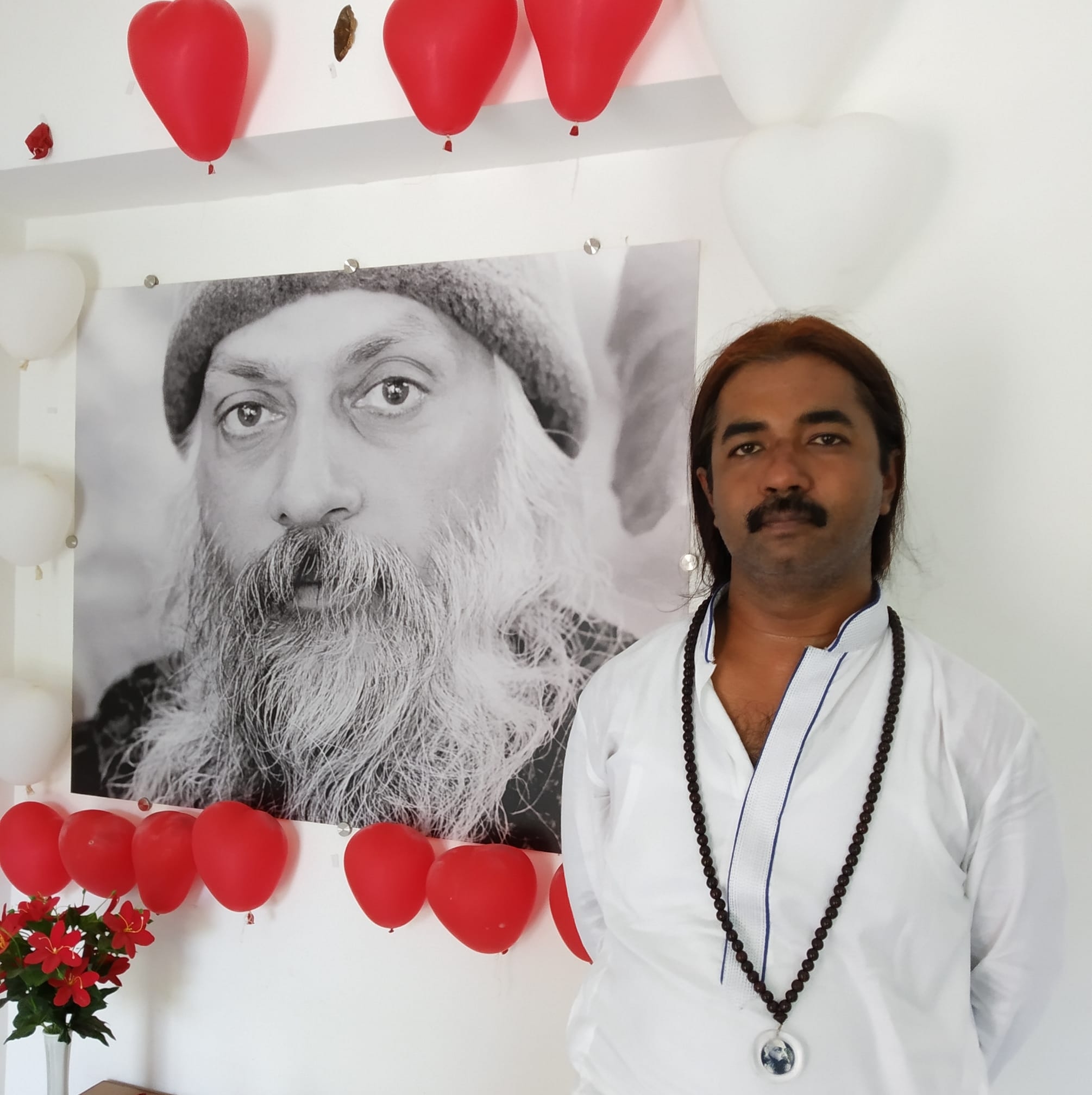Understanding The Metaphor - Bhishma Vadh in The Mahabharata
Today, I just thought of writing about this picture and the metaphor which it is impregnated with as per my understanding and interpretation.
So, this is a picture towards the end of Mahabharata War where victorious Pandavs along with their mentor Lord Krishna reach-out to Pitamah Bhishma who finally leaves the physical body after seeing that now Kingdom is safe in hands of Pandavs and Krishna.
I would like to understand this picture in following manner -
Hastinapur Kingdom - Physical Body.
Pitamah Bhishma - Human Mind/Ego
Five Pandavs - Five Sense Organs (Eyes, Ears, Touch, Taste and Smell)
Lord Krishna - The Awakened Consciousness.
As we know that Bhishma ( https://en.wikipedia.org/wiki/Bhishma ) has got a boon in the legend of Mahabharata that he will have the right to decide his own time of death. Death won’t come to him unless and until he himself desires to die.
Now, as I understood this metaphor -
Let’s understand the Kingdom or Throne of Hastinapur as Human Body we have got. Actually, one of the meaning of the word “Pur” is “Body” only.
As Bhishma got the boon of living as long as he wants and choosing his own time of death, he is representation of Human Ego or Egoistic Desires. We can also say, he is representation of Human Mind too. Mind and Ego live through many lives and many incarnations to satisfy egoistic desires. Also, Human Ego can only die when either it realizes the futility of the whole process of running after desires or when it exhausts itself in running after desires. So,we can say that human mind or ego also dies its own death. You cannot kill someone else’s ego. If at all, you can kill anyone’s ego then it is your own. That’s why; I feel that Bhishma is representation of human mind or ego.
Five Pandavs are the representations of Five Sense Organs (Eyes, Ears, Touch, Taste and Smell) by which Ego wants to experience sensory desires.
Lord Krishna is representation of Awakened Consciousness. We all have consciousness but only a rare few are living with awakened consciousness, like Lord Krishna.
Story - Now, as Bhishma got this boon of living as long as he wants, he was the one who lived through generations in Mahabharata epic.
Interpretation - Likewise, Human Ego/Mind sustains itself through many human incarnation on the excuse of one of the other desire at the end of every given life.
Story - In Mahabharata epic, Bhishma had taken the vow that he will not die until and unless he sees that Kingdom is safe and secure and everything is fine.
Interpretation - Human mind/ego also wants everything to be perfect and wants to attain all desires. Any little bit of lack in any of the desires becomes the excuse for human mind to live further or come in another incarnation.
Mind likes to think that it can manage things to perfection, not realizing that its own ideas of perfection may not be existential idea of perfection. Also, everything can never be safe, secure and perfect in this world as this world is run by 3 Gunas (Satva, Rajas and Tamas) and Tamasic (destructive) element will exhibit itself sooner or later. Actually, this desire of an all perfect life is just an excuse to live further or forever.
Story - Bhishma is laying on the bed of arrows created by Arjun.
Interpretation - Likewise, human ego lies on the bed of arrows of unfulfilled desires, pains, hurt, clashes due to sensory desires (Arjun and other Pandavs - Sense Organs). So, our own sensory desires lead our ego to bed of arrow.
Now, if human ego or human mind is really interested in safety, security or all perfect life then rather than trying to catch hold of sense organs, it should surrender itself to awakened consciousness and let consciousness guide the sense organs on right path.
This is what happens in Mahabharata and in this picture. Bhishma agreed to die as he saw that now Pandavs are under Patronage of Lord Krishna. With awakened consciousness (Krishna) as guide, one’s sense organs (Five Pandavs) can never tread the wrong path.
So, as awakened consciousness (Krishna) took charge of five sense organs (Five Pandavs), the human ego (Bhishma) died out of his own choice.
Hope this makes sense. Thanks,



Leave a Reply